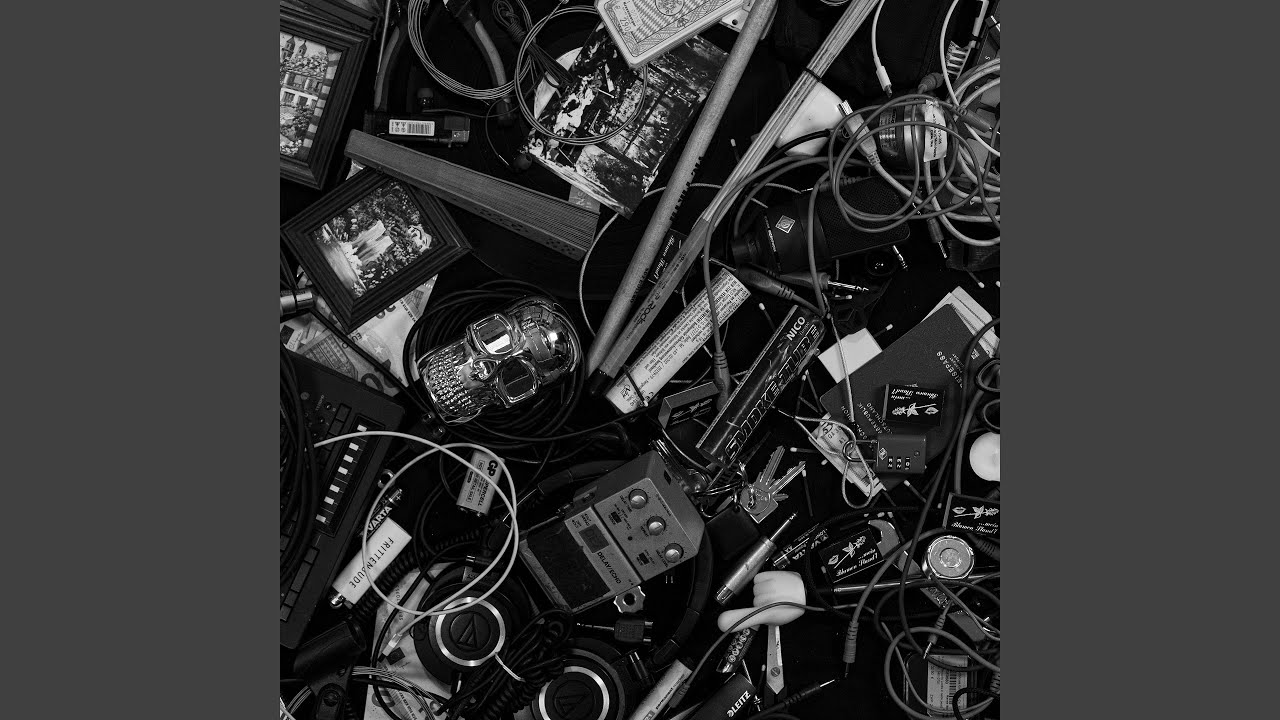For more than two decades, Kalipo has orbited the fault line where club propulsion meets songcraft, and Alles—the Berlin artist’s fifth solo album and first for Iptamenos Discos—feels like a decisive realignment. He calls the aesthetic Psychedelic Disco Punk, but the record’s real charge comes from how those words become touch: analog grit under the fingernails, four-on-the-floor kicks that breathe, chorus-lapped guitars that glow like sodium streetlights, and a newly foregrounded voice that turns the dance floor into a diary. The thesis is renewal through friction—hard edges used to sand a way forward.
The title track sets the cue. “Alles” begins with dark-disco heft—dragging sequencers, a low, rubbery bass—then gradually lifts the room, the guitars flickering like exit signage. Kalipo asks, almost offhand, if the fear you carry has loosened its grip today; the hook answers by dissolving tension rather than detonating it.
Across the record he plays matchmaker between vintage machines and present-tense impact. “Crimson Rain” pits dusty drum boxes against crisp, modern snares, the contrast giving the groove its chew. “Geister” and “All Things Must Come to an End” ride raw synth basslines and gleaming, chorus-soaked guitars, flirting with post-punk and electroclash without tumbling into pastiche. Elsewhere, “Sparkling Tears,” “Deine Worte,” and “My Laboratory” hit with the confidence of a peak-hour selector: cavernous kicks, tensile arps, mids pleasantly scuffed, vocals delivered with a laconic, almost conspiratorial calm. German and English lines trade places, but the emotional throughline is constant—departure, desire, depression, love, and a quiet parting with stiff masculinity.
What’s striking is how rigorously Kalipo thinks like a songwriter while producing like a raver. Structures pivot on bridges and pre-choruses rather than just risers; breakdowns are used to advance character, not merely to goose the sub. The sequencing mirrors the lyric arc, moving from clenched turbulence toward measured clarity. You hear echoes of the 1980s—EBM severity, wave romanticism—but they’re metabolized into the now, the way Berlin’s nights scratch at the day and vice versa. Alles isn’t a detour so much as a homecoming, a reminder that catharsis can be danced and sung at once. In making his vocals more present and his textures rougher, Kalipo reveals a sturdier core: music as attitude, as invitation, and, finally, as a way to move through the fog with purpose.

